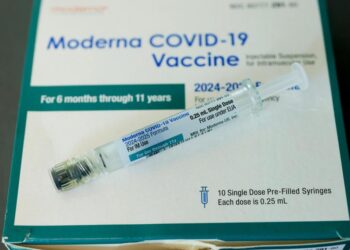Brooks Johnson | Star Tribune (TNS)
MINNEAPOLIS — As shoppers study food labels amid renewed concerns about the health impacts of processed food, General Mills isn’t worried. After all, it’s the flavor that makes the sale.
“Newsflash: People like food that tastes really good,” General Mills CEO Jeff Harmening told an audience of investors recently when asked about the debate around “ultra-processed” foods and how it could affect the Golden Valley, Minnesota-based company.
“That’s not to say consumers don’t care about nutrition as well,” Harmening said, but, “one of the things that General Mills does really well is make food that tastes good and is good for you.”
Research shows, however, that too much of certain tasty things may contribute to high rates of diet-related diseases like obesity, cancer and mental health problems.
Now, regulators may start warning against eating too much ultra-processed food — broadly defined as having few or no remaining whole-food ingredients — and industry groups are lining up in opposition.
Starting next year, federal dietary guidelines could, for the first time, address the role ultra-processed foods play in healthy eating. That could trigger changes in federal programs and ripple through America’s food industry, which makes billions selling processed foods like Lunchables and frozen pizzas to schools.
“The nutrition quality of the American diet remains quite poor,” said Julie Hess, a leading nutrition researcher at the U.S. Department of Agriculture. But at the same time: “We can build a healthy diet with ultra-processed foods.”
Nearly 75% of the U.S. food supply is considered ultra-processed, according to the Institute of Food Technologists. Most foods sold in grocery stores go through some level of processing, including staples like milk, bread and flour. Ultra-processed foods, said nutritionist Marion Nestle, are “industrially produced foods formulated to be irresistibly delicious that…
Read the full article here







